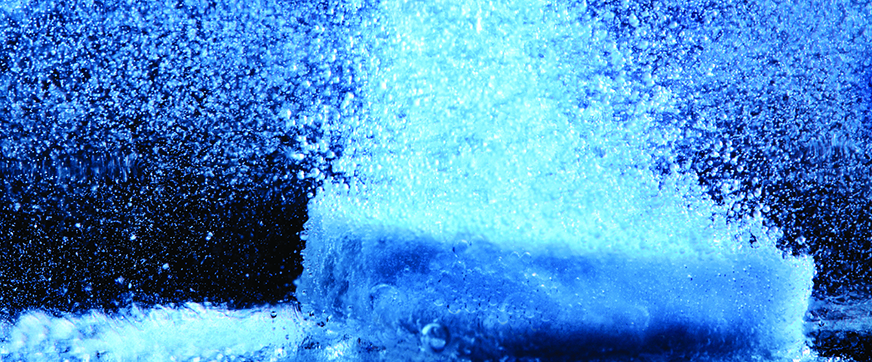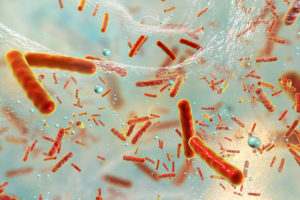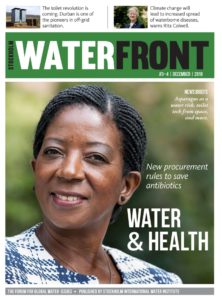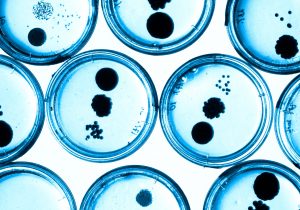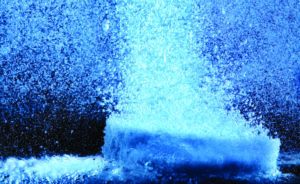Water and pharmaceuticals, a shared responsibility
Water Institute, (SIWI), initiated a process to highlight key imperatives that could contribute to national and global reductions in the amount of pharmaceutical substances that enter water resources.
We have concluded that a holistic solution is needed, where all stakeholders in the pharmaceutical life cycle co-operate, and that Sweden’s extensive experience and competencies constitute a substantial resource in this regard. Many of the tools required to create a future with greatly reduced negative environmental impact are already available – it is more a matter of pushing the “green button” for the greatest overall benefit. Combining efforts along the entire pharmaceutical life cycle, including production, procurement, consumption, and wastewater treatment, will not only be key for sustainable development, but also
lead to increased transparency and understanding between stakeholders catalyzing positive change.
Many of the tools required to create a future with no negative environmental impact from pharmaceuticals are already available. This paper suggests that combining efforts along the whole pharmaceutical life cycle will not only be key to for sustainable development but also lead to increased transparency and understanding between stakeholders.
